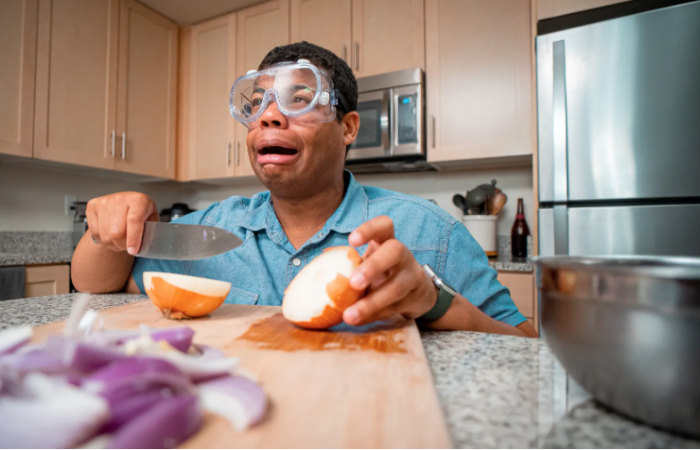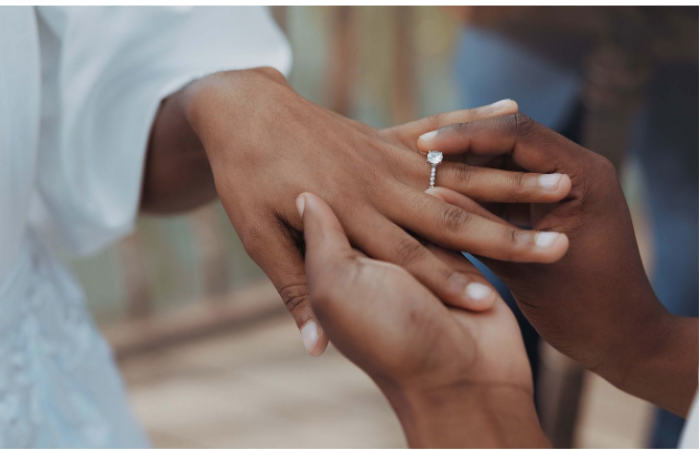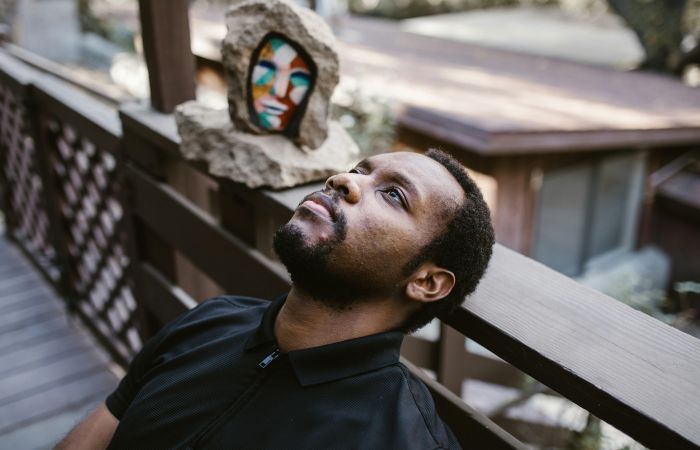
4 Toxic Marriage Advice Ghanaian Men Need to Stop Listening To
Marriage is meant to be a partnership, not a power struggle. But sadly, many Ghanaian men are handed advice that does more harm than good. These toxic ideas create resentment, unrealistic expectations, and emotional distance. If we want stronger marriages, it's time to unlearn these damaging beliefs.
1. "The Success of the Marriage Depends on the Woman"
This idea puts an unfair burden on women and sets men up for passivity. Marriage is a two-way street. It thrives when both partners put in the effort emotionally, mentally, and spiritually. A healthy marriage requires teamwork, mutual respect, and shared responsibility. Blaming the woman when things go wrong isn’t leadership; it’s immaturity.
2. "You Must Get Sex Whenever You Want After Marriage"
Sex is not a transaction or a marital right, it’s an expression of love, trust, and emotional connection. Marriage does not erase the need for consent, communication, or emotional safety. When intimacy is demanded instead of nurtured, it damages the bond rather than strengthening it. Real men understand that intimacy is built, not owed.
3. "Once You Give Her Money, That’s All That Matters"
Providing financially is important, yes, but it’s not everything. Emotional support, kindness, time, and respect matter just as much, if not more. Many women would trade material gifts for emotional presence any day. Money cannot heal emotional wounds or replace genuine connection. Being a good provider also means being present, attentive, and loving.
4. "Birth Control and Family Planning Is the Woman’s Job"
Family planning should never be left solely to women. Both partners have a role in making decisions about when and how to grow their family. Leaving it all to the woman is irresponsible and unfair. Discussions about contraception, spacing children, and building a future should be open, mutual, and respectful.
Building a strong marriage takes more than outdated advice and gendered expectations. It requires humility, growth, respect, and a willingness to evolve. If Ghanaian men (and women) start unlearning these toxic lessons, marriages will not just survive, they will thrive.
















